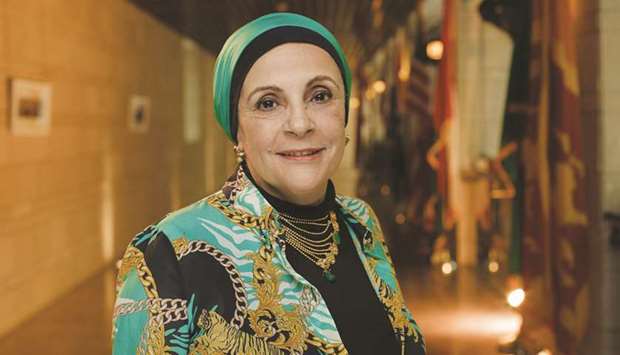Carnegie Mellon University in Qatar (CMU-Q) is leading a new research team that will create an interactive linguistic map of the Qatari dialect.
Zeinab Ibrahim, teaching professor of Arabic studies, is the lead principal investigator on the project that just received funding from the Qatar National Research Fund’s (QNRF) National Priorities Research Programme.
The project will map the social, geographical and generational variations of the Qatari dialect, and create a digital tool for exploring pronunciation, usage and expressions.
Currently, the linguistic situation in Qatar is described in scattered documents, and the team’s goal is to fill this knowledge gap.
“The main goal of the research is to explore and analyse the actual dialectal situation in Qatar,” said Ibrahim. “Although we have many goals, our main purpose is to add to the knowledge base of the Qatari dialect, heritage, culture and identity.”
The project will build standard written conventions for the Qatari dialect, and digitise this information so they can use natural language processing and machine learning techniques in their analysis.
CMU-Q’s assistant professor of information systems, Houda Bouamor, is a principal investigator on the project.
Ibrahim believes this research can help preserve and promote Arabic language learning in Qatar: “This map will be very useful to educators in Qatar, so they can create syllabi that smooth the way for Qatari students to learn Modern Standard Arabic.”
The QNRF-funded project includes two Qatari principal investigators, and all of the interviewers will be Qatari.
The project is a collaboration of several institutions within Qatar.
Principal investigators include Mohamed Mahgoub and Aisha al-Sultan from the Doha International Family Institute, Hany Abdelghelel Abdelrahem from Georgetown University in Qatar, and Mohamed al-Marri from Qatar University.

Zeinab Ibrahim: the lead principal investigator on the project.
